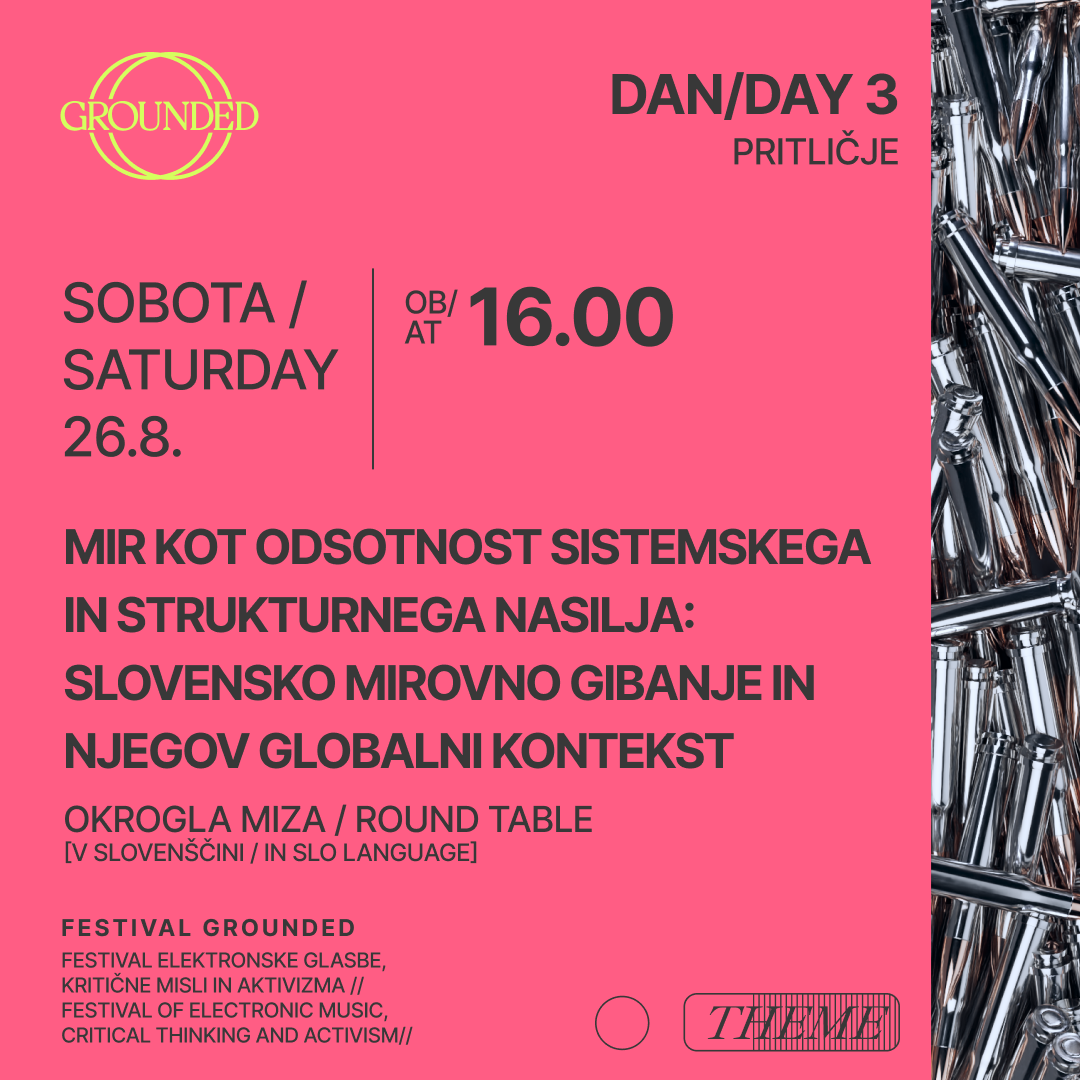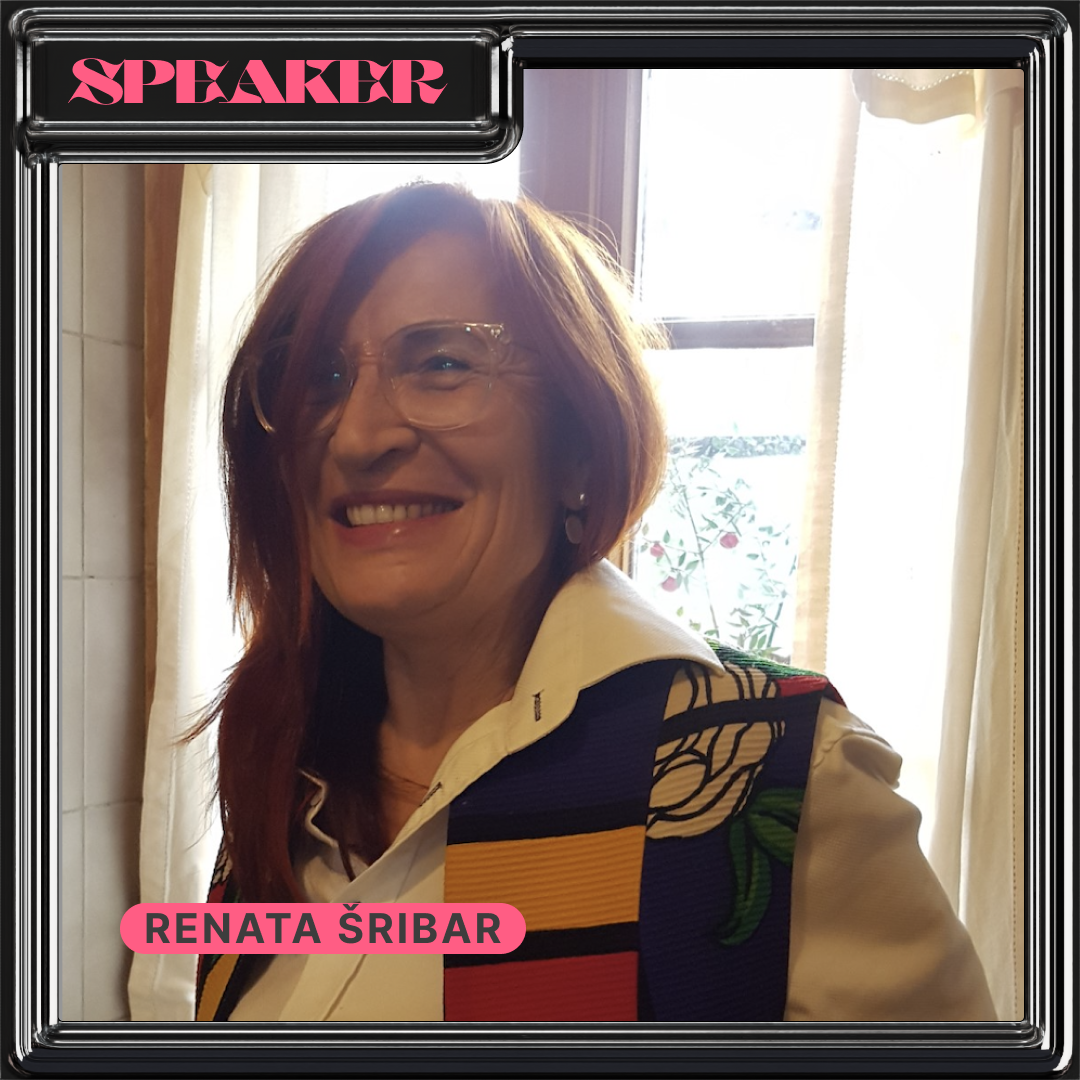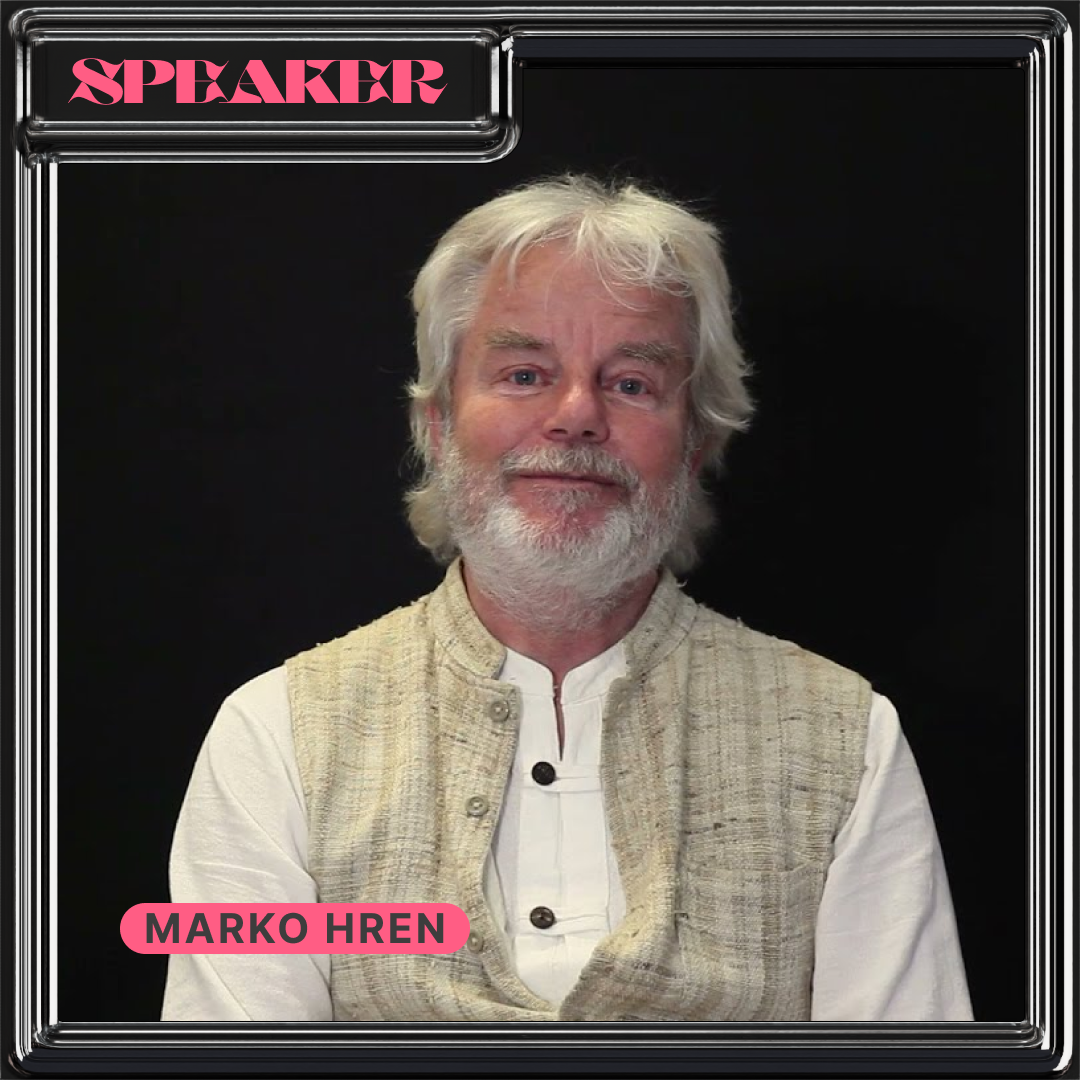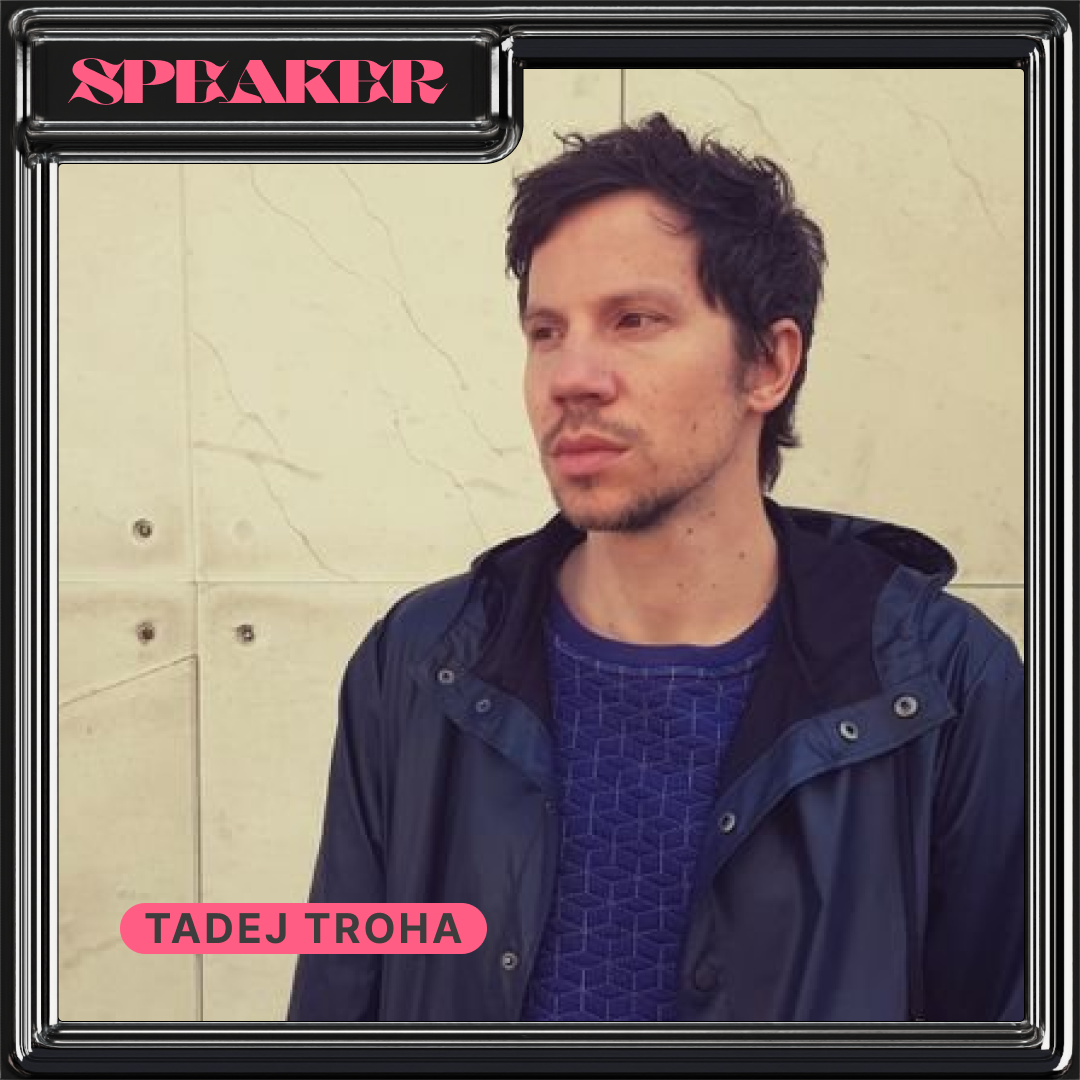Mir kot odsotnost sistemskega in strukturnega nasilja: slovensko mirovno gibanje in njegov globalni kontekst
Mirovnemu gibanju v Sloveniji ob koncu osemdesetih in na začetku devetdesetih let se je zalomilo v ključnem trenutku, začetku jugoslovanskih vojn in to po dobro zasidranem obdobju vznika civilne družbe. Kako razumeti spočetje in nato manko tradicije mirovništva in kulture nenasilja v luči aktualnih slovenskih mirovnih pobud? Je ne(z)možnost postvarjenja mirovnih tendenc ne zgolj učinek delovanja nacionalnih in nadnacionalnih oblasti, temveč tudi množičnih pojavov, kot so ekspertizacije mišljenja in praks nenasilja – in predvsem njihove komercializacije? Je vojna edino družbeno politično stanje, ki ga razumemo kot destrukcijo obstoječih skupnostnih vezi in življenj, s tem pa kot očitno odsotnost miru? Kako v tem kontekstu misliti revolucijo glede na to, da so v sodobnih vojnah nacionalni in etnični konflikti in konflikti med domačijskimi skupnostmi pretežno paravan za uzurpacijo resursov in kopičenje kapitala?
Na okrogli mizi bodo sodelovali novinarka in mirovnica iz osemdesetih Alenka Arko, filozof in kolumnist dr. Tadej Troha ter mirovnik in soustanovitelj Mirovnega inštituta Marko Hren. Z njimi se bo pogovarjala dr. Renata Šribar.
Mirovnemu gibanju v Sloveniji ob koncu osemdesetih in na začetku devetdesetih let se je zalomilo v ključnem trenutku, začetku jugoslovanskih vojn in to po dobro zasidranem obdobju vznika civilne družbe. Kako razumeti spočetje in nato manko tradicije mirovništva in kulture nenasilja v luči aktualnih slovenskih mirovnih pobud? Je ne(z)možnost postvarjenja mirovnih tendenc ne zgolj učinek delovanja nacionalnih in nadnacionalnih oblasti, temveč tudi množičnih pojavov, kot so ekspertizacije mišljenja in praks nenasilja – in predvsem njihove komercializacije? Je vojna edino družbeno politično stanje, ki ga razumemo kot destrukcijo obstoječih skupnostnih vezi in življenj, s tem pa kot očitno odsotnost miru? Kako v tem kontekstu misliti revolucijo glede na to, da so v sodobnih vojnah nacionalni in etnični konflikti in konflikti med domačijskimi skupnostmi pretežno paravan za uzurpacijo resursov in kopičenje kapitala?
Na okrogli mizi bodo sodelovali novinarka in mirovnica iz osemdesetih Alenka Arko, filozof in kolumnist dr. Tadej Troha ter mirovnik in soustanovitelj Mirovnega inštituta Marko Hren. Z njimi se bo pogovarjala dr. Renata Šribar.
Peace as the absence of systemic and structural violence: the Slovenian peace movement and its global context
The peace movement in Slovenia in the late 1980s and early 1990s broke down at a crucial moment, the beginning of the Yugoslav wars, after a well-established period of the emergence of civil society. How to understand the conception and then the decline of the tradition of peacebuilding and the culture of non-violence in the light of current Slovenian peace initiatives? Is the (in)possibility of the creation of peace tendencies not only an effect of the action of national and supranational powers, but also of mass phenomena such as the expertisation of thinking and practices of non-violence - and above all their commercialisation? Is war the only socio-political condition that is understood as the destruction of existing communal bonds and lives, and thus as the apparent absence of peace? How to think of revolution in this context, given that in contemporary wars national and ethnic conflicts and conflicts between domestic communities are largely a screen for the usurpation of resources and the accumulation of capital?
The panel will include journalist and 1980s peacemaker Alenka Arko, philosopher and columnist Dr Tadej Troha, and peacemaker and co-founder of the Peace Institute Marko Hren. The panel will be moderated by Dr Renata Šribar.
The peace movement in Slovenia in the late 1980s and early 1990s broke down at a crucial moment, the beginning of the Yugoslav wars, after a well-established period of the emergence of civil society. How to understand the conception and then the decline of the tradition of peacebuilding and the culture of non-violence in the light of current Slovenian peace initiatives? Is the (in)possibility of the creation of peace tendencies not only an effect of the action of national and supranational powers, but also of mass phenomena such as the expertisation of thinking and practices of non-violence - and above all their commercialisation? Is war the only socio-political condition that is understood as the destruction of existing communal bonds and lives, and thus as the apparent absence of peace? How to think of revolution in this context, given that in contemporary wars national and ethnic conflicts and conflicts between domestic communities are largely a screen for the usurpation of resources and the accumulation of capital?
The panel will include journalist and 1980s peacemaker Alenka Arko, philosopher and columnist Dr Tadej Troha, and peacemaker and co-founder of the Peace Institute Marko Hren. The panel will be moderated by Dr Renata Šribar.





